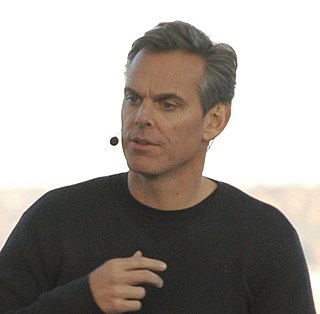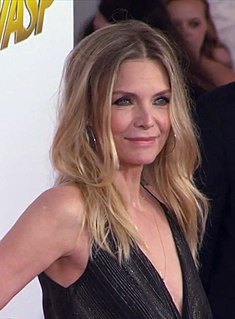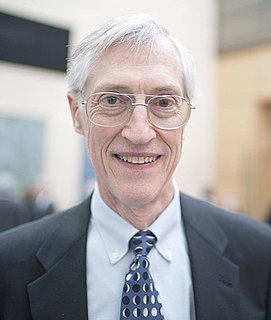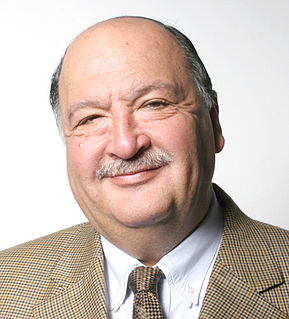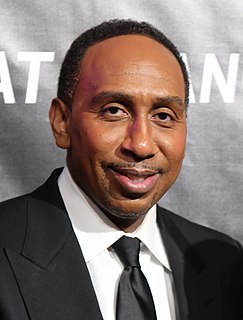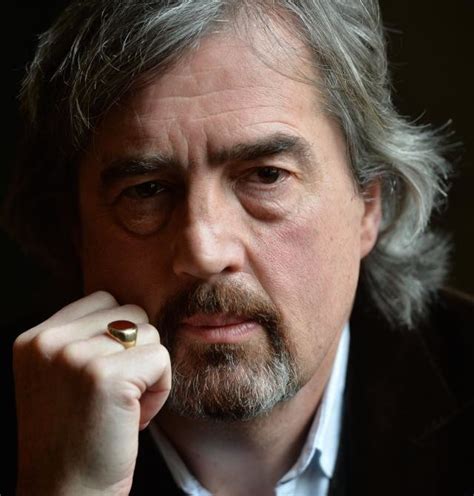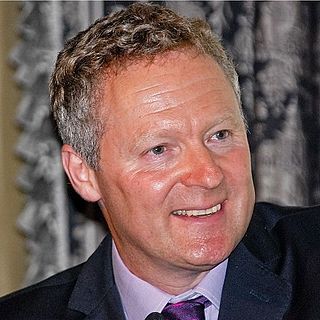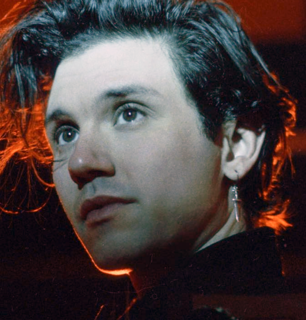A Quote by Adam Curtis
Fred Hoyle was one of the first scientists to become famous on television and radio. It was because he told a dramatic story about the universe - about how amazing it is and the extraordinary discoveries that astronomers like him were making.
Related Quotes
In the popular mind, if Hoyle is remembered it is as the prime mover of the discredited Steady State theory of the universe. "Everybody knows" that the rival Big Bang theory won the battle of the cosmologies, but few (not even astronomers) appreciate that the mathematical formalism of the now-favoured version of Big Bang, called inflation, is identical to Hoyle's version of the Steady State model.
I think if the content is good and the content is interesting, the at home viewer will watch it for as long as the story is interesting thus the responsibility for making the story interesting falls on the shoulders of the reporter or the producer. Then I'm disappointed that producers have felt that television can only be told in 59 second story bursts because we've become, it's become journalism based on MTV, video electronic editing and cutting.
When you think about advertising, it's understanding that whether it's newspaper, radio, or television, you have to know how to advertise, how to market, because ultimately, everything comes down to ratings and revenue or ratings and subscribers and revenue, whether it's newspapers or radio or television.
The scientists I looked up to at the beginning were not Latino. They were famous scientists of many years ago, like Madame Curie. Later, I realized that there were also, but a very few, Latino scientists. There were good ones, but very few, because there wasn't as much a tradition to be a scientist in our culture. But this is changing.
Fred Astaire. Not a handsome man. He said himself he couldn't sing. He was balding his whole life. He danced like a cheetah runs with the grace of the first creation. I mean, that first week. On one of those days God created Fred Astaire. Saturday maybe, since that was the day for the pictures. When you s Fred you felt better about everything. He was a cure. He was bottled in the films and all around the earth, from Castlebar to Cairo, he healed the halt and the blind. That's the gospel truth. St. Fred. Fred the Redeemer.
To be honest, the search for a label was really weird, because some of the labels that you wouldn't expect to care about stuff like radio formats were the ones that did care. They were like, 'Yeah, we love this record, but what are we going to play on the radio?' And I was like, 'You don't have bands on the radio.'
Lee Harvey Oswald was boiling over about everything: the American ambassador; the Russians-he was mad at them because they wouldn't let him stay in Moscow. We talked to him for about half an hour, and my Italian friend didn't think the guy was worth filing a story about. Just another paranoid hysteric; the Moscow woods were rampant with those. I never thought about him again, not until many years later. Not until after the assassination when I saw his picture flashed on television.

